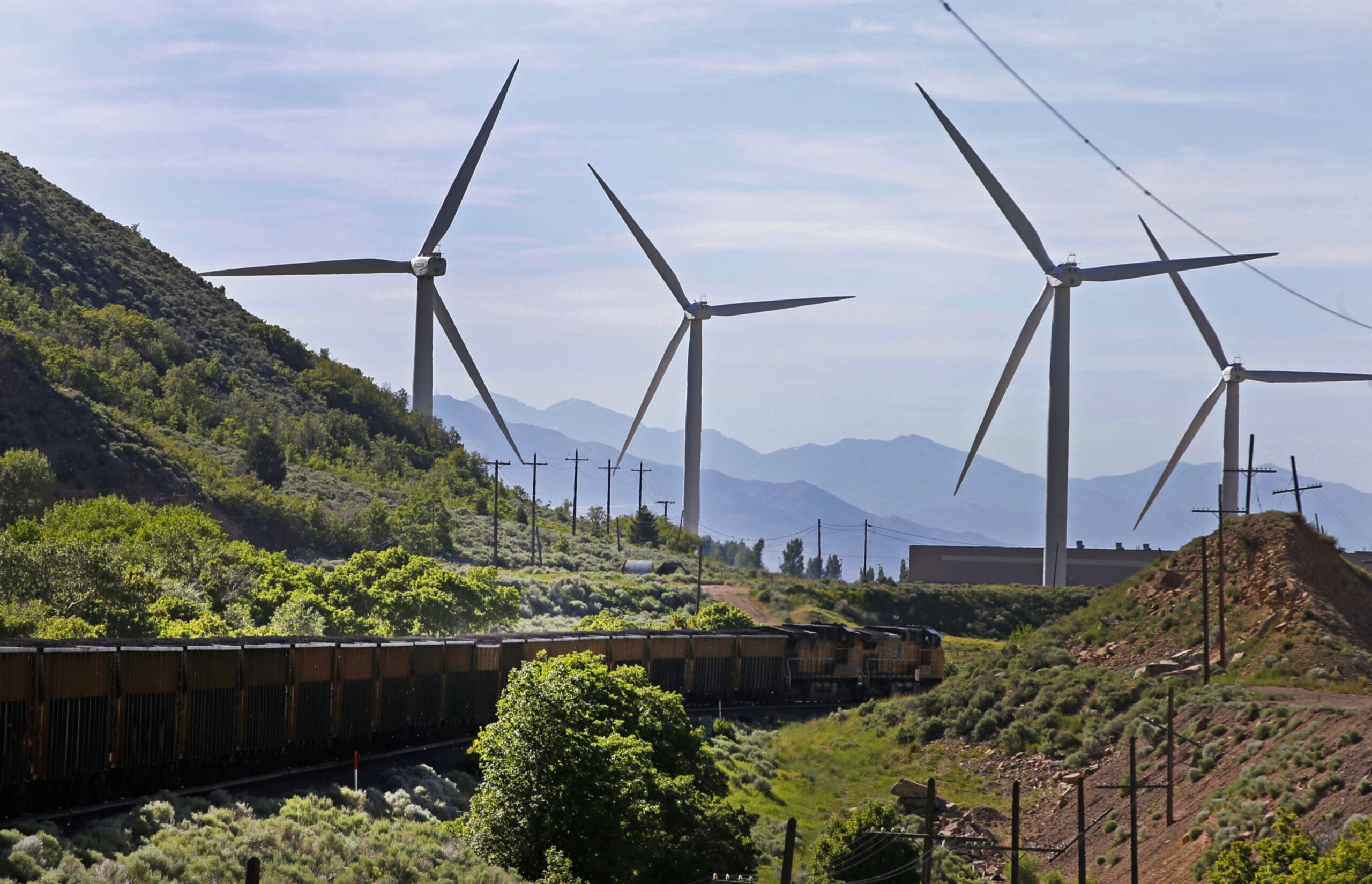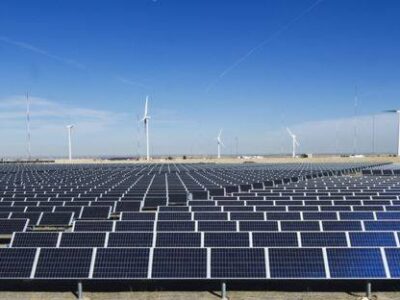(Bloomberg) —
Replacing coal power plants across the United States with renewable energy projects would reduce carbon emissions and require less water.
Add to the list: It would also save money.
Nearly all existing US coal plants require more cash to operate than the cost of replacing them with new wind or solar projects, according to a report published Monday by San Francisco-based climate think tank Energy Innovation.
The finding is in line with past research by BloombergNEF that determined building new solar and wind farms is cheaper than operating existing coal or gas power plants in much of the world.
Critical to the cost advantage of renewable energy in the US is President Joe Biden’s climate legislation, which provides billions of dollars in incentives for clean energy infrastructure.
“The Inflation Reduction Act has made this local replacement and reinvestment scenario so economic and so much cheaper than coal,” said Michelle Solomon, a policy analyst at Energy Innovation and the lead author of the report. “It really creates a big opportunity to diversify the economics in coal communities.”
The law includes a 10% tax credit for so-called “energy communities,” including areas with retired coal plants, to transition to clean energy infrastructure.
The report authors calculated the costs of operating each of 210 coal plants in the United States, taking into account fuel and operations as well as future maintenance expenditures. They then compared those numbers to costs associated with installing and operating new wind and solar projects nearby. In all but one case, the renewable project required less cash.
Energy Innovation has tracked the costs of new renewable projects in three Coal Cost Crossover reports since 2019. The first report found that running 62% of existing coal capacity in the US cost more than producing the same amount of energy from renewable sources. That increased to 72% in the 2021 edition.
Now, incentives from the Inflation Reduction Act mean the share of coal power that’s more expensive has risen to 99%.
The White House’s push to move the US away from fossil fuels has received criticism from industry groups as well as some members of Congress — like Democratic Senator Joe Manchin of West Virginia — who have argued that the plans will strip jobs from communities that need them.
But even with renewables costing less overall, replacing the country’s coal plants would require billions in investment, which the study authors say would create economic opportunity. Mike O’Boyle, an author of the report and a director at Energy Innovation, says he hopes the new research will encourage public utilities commissions to invest in renewable energy.
“Those regulators are some of the most important policymakers and actors in the energy transition,” said O’Boyle. “Now they’ve got tools to take a proactive role.”
To contact the author of this story:
Carly Wanna in New York at cwanna@bloomberg.net
© 2023 Bloomberg L.P.





